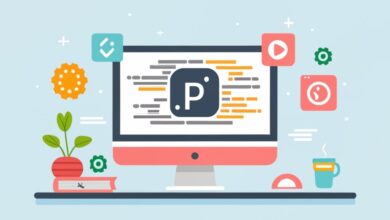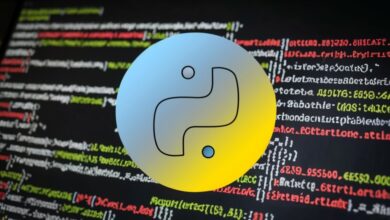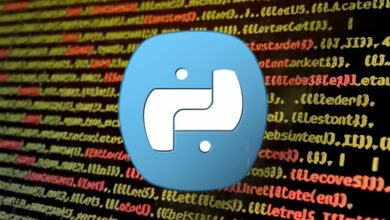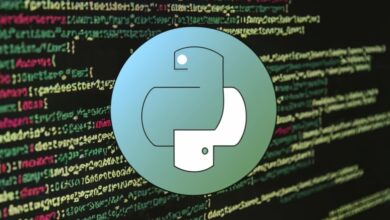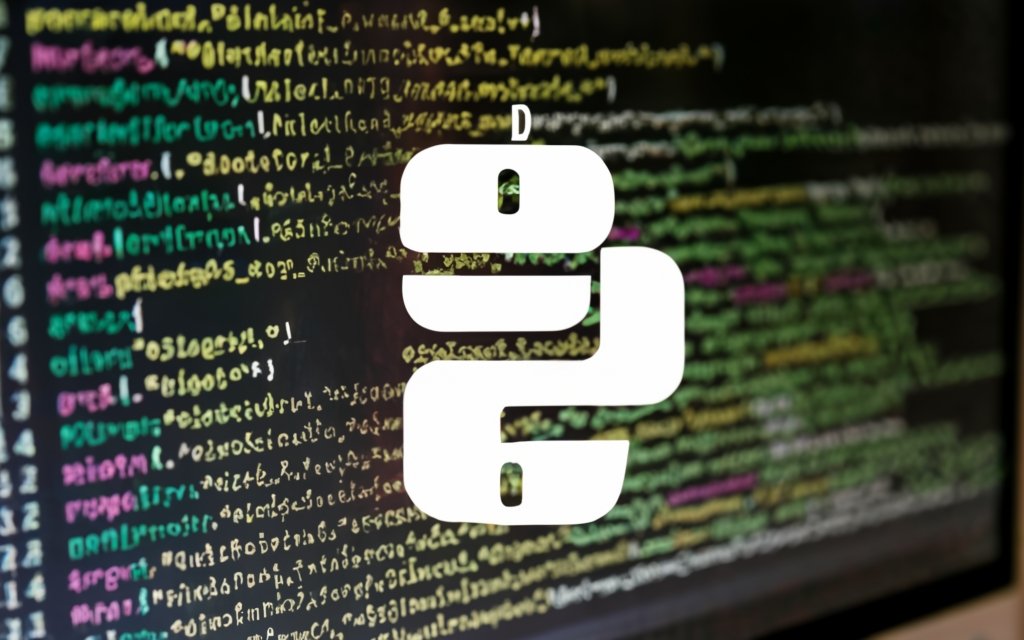
How To Get Started With Python
Dive into Python: A Beginner’s Guide to Getting Started
Welcome to the captivating world of Python, a versatile and beginner-friendly programming language that’s taken the tech scene by storm! Its clear syntax, vast library ecosystem, and diverse applications make it an ideal launchpad for anyone embarking on their coding journey. This comprehensive guide will equip you with the knowledge and tools to navigate your first steps in Python, empowering you to unlock its boundless potential.
1. Why Python?
Python’s allure extends far beyond its trendy status. Here’s why it’s the perfect choice for aspiring programmers:
- Ease of Use: Forget about cryptic syntax! Python’s code reads remarkably like natural language, making it easier to grasp and write compared to complex languages.
- Versatility: From web development and data science to machine learning and game creation, Python’s extensive library of tools empowers you to tackle a multitude of tasks.
- Open-Source and Free: Embrace the freedom! Python’s open-source nature grants you free access to its core interpreter, extensive documentation, and a wealth of learning resources.
- Thriving Community: Never feel lost! Millions of Python developers worldwide form a vibrant community, offering readily available support through forums, online spaces, and local meetups.
2. Setting Up Your Python Environment
Getting started with Python is a breeze! Here’s a quick roadmap:
- Install Python: Head over to www.python.org and download the latest version for your operating system. The installation process is straightforward and user-friendly.
- Choose Your Toolset: Opt for an Integrated Development Environment (IDE) like PyCharm or Visual Studio Code for features like syntax highlighting, code completion, and debugging tools. Alternatively, simple text editors like Sublime Text or Notepad++ offer a lightweight experience.
- Write Your First Program: Open your chosen tool and start coding! Even a basic program like printing “Hello, world!” familiarizes you with the syntax and execution process.
3. Python Fundamentals: Building Blocks of Your Code
Now that you’re set up, let’s explore the core elements that make your Python programs tick:
- Variables and Data Types: Variables store information like numbers, text, or true/false values. Python offers various built-in data types like integers, strings, floats, and lists to handle different kinds of data.
- Operators: Think of operators as tiny workhorses performing mathematical and logical operations on data. Python provides arithmetic operators (+, -, *, /), comparison operators (==, !=, <, >), and logical operators (and, or, not) to manipulate data and control program flow.
- Control Flow: Steer your program’s execution with control flow statements like
if,else, andwhileloops. These allow your program to make decisions and repeat actions based on specific conditions. - Functions: Break down complex tasks into reusable blocks of code using functions. Define your own functions or leverage built-in ones to avoid repetitive code and maintain program modularity.
4. Learning Resources: Fueling Your Python Journey
The beauty of Python lies in its abundance of learning resources to cater to diverse learning styles:
- Interactive Tutorials: Platforms like Codecademy, DataCamp, and Coursera offer structured courses and challenges to learn Python at your own pace, with engaging exercises and gamified elements.
- Comprehensive Books and Documentation: Dive deep with resources like “Automate the Boring Stuff with Python” by Al Sweigart or the official Python documentation, providing detailed explanations and reference material for thorough understanding.
- Engaging Video Tutorials: Cater to your visual learning style with YouTube channels like Sentdex and freeCodeCamp, offering captivating video tutorials on various Python topics, from beginner basics to advanced concepts.
- Thriving Online Communities: Don’t hesitate to seek help and connect with fellow Python enthusiasts! Online forums like Stack Overflow and the Reddit Python subreddit are vibrant communities where you can ask questions, share your progress, and learn from others’ experiences.
5. Practice Makes Perfect: Honing Your Python Skills
Remember, mastering Python is a continuous journey of exploration and practice. Here are some ways to refine your skills and solidify your learning:
- Tackle Coding Challenges: Platforms like HackerRank and LeetCode offer coding challenges of varying difficulty levels, testing your understanding and helping you learn new concepts through practical application.
- Build Mini-Projects: Don’t wait for the “perfect” project! Start small by building simple games, automating tasks, or scraping data. These projects put your knowledge into action and give you a sense of accomplishment.
- Contribute to Open-Source Projects: (Continued) This not only enhances your skills but also allows you to network with the vibrant Python community and make a real-world impact through collaborative development.
- Join Local Meetups and Events: Immerse yourself in the Python community! Attend local meetups, workshops, and conferences to connect with fellow programmers, share your work, and learn from each other’s experiences.
- Never Stop Learning: The world of Python is constantly evolving! Stay updated with the latest trends, libraries, and frameworks by following blogs, forums, and social media channels dedicated to Python development. Remember, curiosity and continuous learning are your keys to staying ahead of the curve.
And most importantly, have fun! Python is a powerful tool, but it’s also a playground for creativity and innovation. Don’t be afraid to experiment, explore different areas, and build projects that ignite your passion. The possibilities are limitless!
With dedication, practice, and a spirit of exploration, you’ll soon find yourself navigating the exciting world of Python with confidence and expertise. Remember, the journey is just as rewarding as the destination, so celebrate your progress, embrace the challenges, and keep coding!
I hope this comprehensive guide has equipped you with the knowledge and resources to embark on your successful Python journey. If you have any further questions or need specific guidance, feel free to ask in the comments down bellow!

